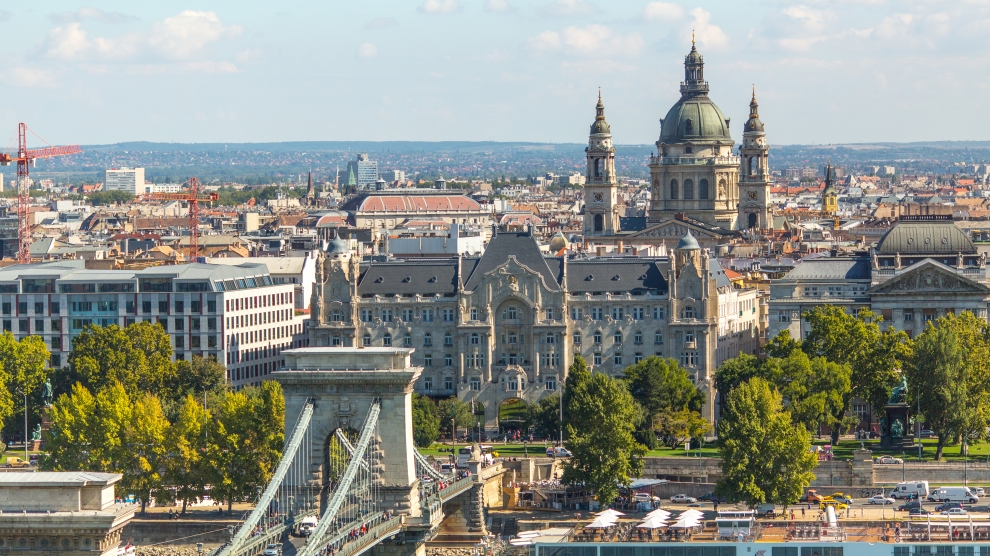The four liberal mayors who lead the capital cities of the Visegrád (V4) Group (Budapest in Hungary, Warsaw in Poland, Bratislava in Slovakia and Prague in the Czech Republic) have signed a pact aimed at combating populism, promoting transparency, and tackling the climate crisis.
“We face so many complex challenges, that one city cannot solve them alone,” said Zdeněk Hřib, the mayor of Prague. “Together we can be stronger and more resourceful. Together we can be part of the solution for the problems that our citizens suffer nowadays.”
Rafał Trzaskowski, the major of Warsaw, said that the V4 countries are the growth’s engine of Europe. GDP growth in the V4 is two per cent above the EU average, led by Poland where annual growth is 5.1 per cent. At the same time, inequality is high – and rising – and many young people are leaving in search of better opportunities. In all four countries, populists have by and large dominated the political landscape in recent times.
“We need to work on things that we understand the best,” said Mr Trzaskowski. “We share many priorities, including fighting climate change, creating smart cities, addressing inequalities. Those are our proprieties. The V4 was built to be constructive, now it is unfortunately used in a defensive way. That’s why we created this pact: to show that we can move forward. Our cities will remain open, progressive, tolerant and, most importantly, European.”
“We will succeed,” added Mr Hřib, “because if we fail it means that populists will provide simpler and wrong answers to our problems.”
The four mayors already have a proposal for the better distribution of EU funds.
“EU development funds play a bigger role than national funds, but so far these have ended up in the hands of oligarchs, meaning that the EU has been financing corruption,” said Gergely Karácsony, the newly-elected mayor of Budapest. “We are making an effort to convince EU legislators that autonomous bodies need to get more direct funds.”
Mr Karácsony, who has a background in green politics, won a surprise victory in October mayoral elections, defeating a candidate backed by Hungary’s until then all-powerful right-wing prime minister, Viktor Orbán. It was the first major electoral blow against Mr Orbán for more than a decade.
“We need to create a better perspective for people”, Mr Hřib told Emerging Europe, identifying emigration as a problem faced by all four cities. “For example, resolving the housing crisis and at the same time creating more jobs. If we stay on the top of economic growth, we will be able to retain people.”






[…] December, Budapest’s mayor Gergely Karácsony signed the Pact of Free Cities, together with the other three liberal mayors who lead the capital cities of the Visegrád (V4) […]